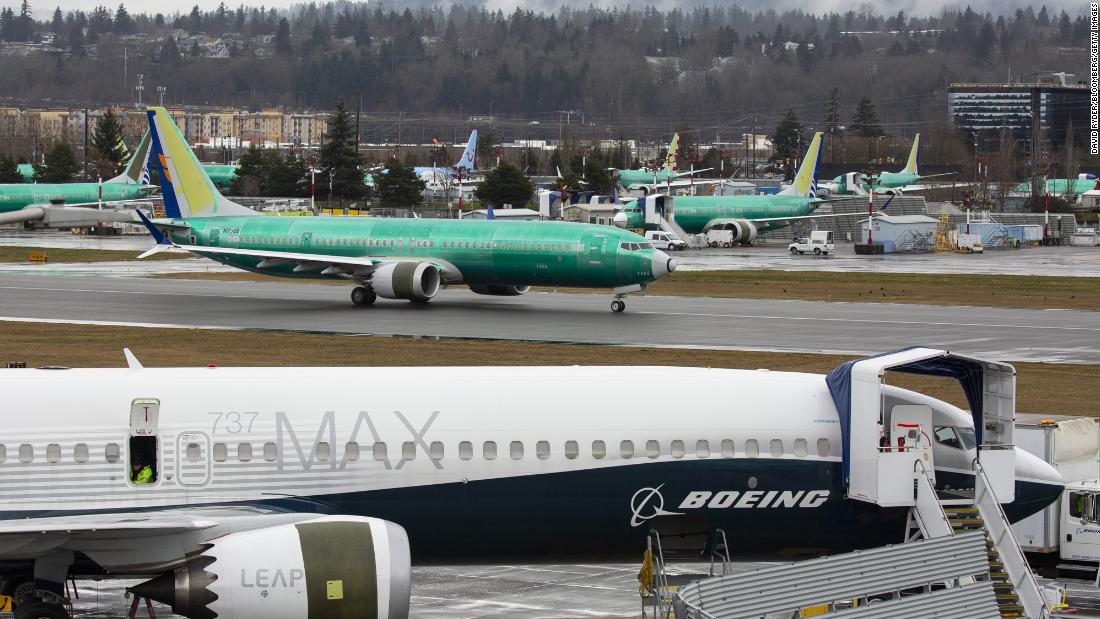
The charges are the first criminal charges against an individual in the investigation into the cause of the two crashes that between them killed 346 people, led to the 20-month grounding of Boeing’s best selling plane, and cost the company more than $20 billion.
The charges were not against a top executive. Instead they were against Mark Forkner, 49, who was the chief technical pilot for Boeing during the certification process for the jet and is accused of deceiving the FAA during that process in 2016 and 2017.
“In an attempt to save Boeing money, Forkner allegedly withheld critical information from regulators,” said Acting US Attorney Chad Meacham for the Northern District of Texas, in a statement. “His callous choice to mislead the FAA hampered the agency’s ability to protect the flying public and left pilots in the lurch, lacking information about certain 737 MAX flight controls. The Department of Justice will not tolerate fraud — especially in industries where the stakes are so high.”
Forkner’s attorney did not respond to a request for comment, and Boeing declined to comment.
According to the indictment, Forkner deceived the FAA about the operating parameters of a safety feature known as the Maneuvering Characteristics Augmentation System, or MCAS, designed to stop the plane from inadvertently climbing too fast and going into a stall. If a steep climb was detected, MCAS was designed to force down the nose of the jet. But in the two crashes it forced the nose down when the plane was not climbing, creating the failure that caused the two fatal crashes.
The indictment said Forkner provided the FAA with materially false, inaccurate, and incomplete information about the system.
It said that Forkner deceived the FAA because he wanted to make sure that the FAA did not require pilots who would be flying the 737 Max to receive more expensive flight simulator training if they already had been trained on earlier versions of the 737. The ability to have 737 pilots fly the Max without additional flight simulator training was one of the selling points that Boeing made to its airline customers.



